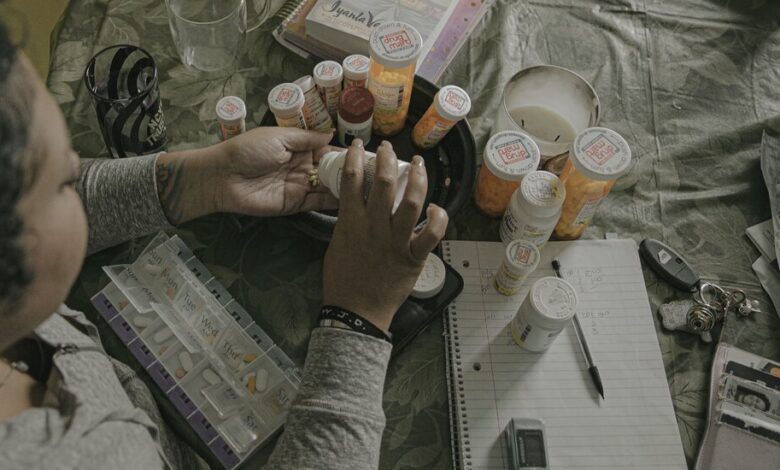The Agony of Putting Your Life on Hold to Care for Your Parents

Of all the challenges that a family caregiver faces, the emotional toll has been consistently documented as the most pervasive and severe. A widely cited review of 30 empirical studies published between 1985 and 1998 found that the risk of psychiatric morbidity was high among caregivers, especially for women. More recent studies have found that caregiver distress and depression were often followed by changes in physical health “that ultimately lead to illness and possibly to death,” though the precise causes were unclear. The 2021 C.D.C. survey of more than 10,000 family caregivers found more troubling trends. About 70 percent of respondents said that they experienced adverse mental-health symptoms within the previous month, including anxiety, depression or suicidal ideation. Among people who cared for both their children and parents, about half reported experiencing suicidal thoughts.
Randi’s own breakdowns began six months after her father moved in. One weary night in September, she waited until everyone had gone to bed, then sneaked out to her car and drove away. She called DeMonta and told him she couldn’t be there anymore, that she worried she would become a danger to herself and others. DeMonta called several family members and the police. Then he, Jackie and Randi’s middle sister, Megan Crespo, rushed to the house.
They had a right to panic; at 21, Randi was diagnosed with bipolar disorder and checked into a hospital several times after her daughters were born. It had been years since her last breakdown — therapy and meditation were helping her manage her mental health. She was sorry for alarming everyone that day in September, but she knew it would be worse to hold in what she felt: She did not want to live this life anymore. She had been sitting outside her father’s apartment for what felt like 10 minutes when Amira called, worried about her and the officers knocking at the door. The police were gone by the time Randi returned home. A few weeks later, Megan called the police again. Two officers pulled up to find Randi sitting in her car, sobbing.
She tried not to, but Randi thought often about how this chapter of her life might end. In the best but least probable scenario, her father would recover and go home. Perhaps she would go back to school and become a nurse, turn all this new knowledge into a job. Maybe, in a few years, after the girls left for college, she would sell the house and leave Cleveland, just her and the DeMontas, somewhere warm by the water. In these daydreams, she found a fleeting semblance of escape, of possibility but also of guilt for imagining a future without her father. If, God forbid, he was to die, she wanted to mourn him without resentment.
By January, one year after the accident, Randi applied for part-time jobs again. And she enrolled in a local nursing program. Her father’s recovery stagnated. A second leg surgery helped him avoid an infection, but he was weaker than ever and lost nearly 20 pounds. That month, Randi broke down again. Alicia texted her grandmother to say Randi needed her. The next day, Randi’s mother came over. They talked for a while. She also had some news: She was recently diagnosed with Stage 1 breast cancer. They caught it early, thankfully. She was heading to see the doctor that week to find out her treatment plan. Randi decided to go with her. Her mother would need daily radiation and eventually hormone therapy, but she was well enough to manage on her own, at least for now.
